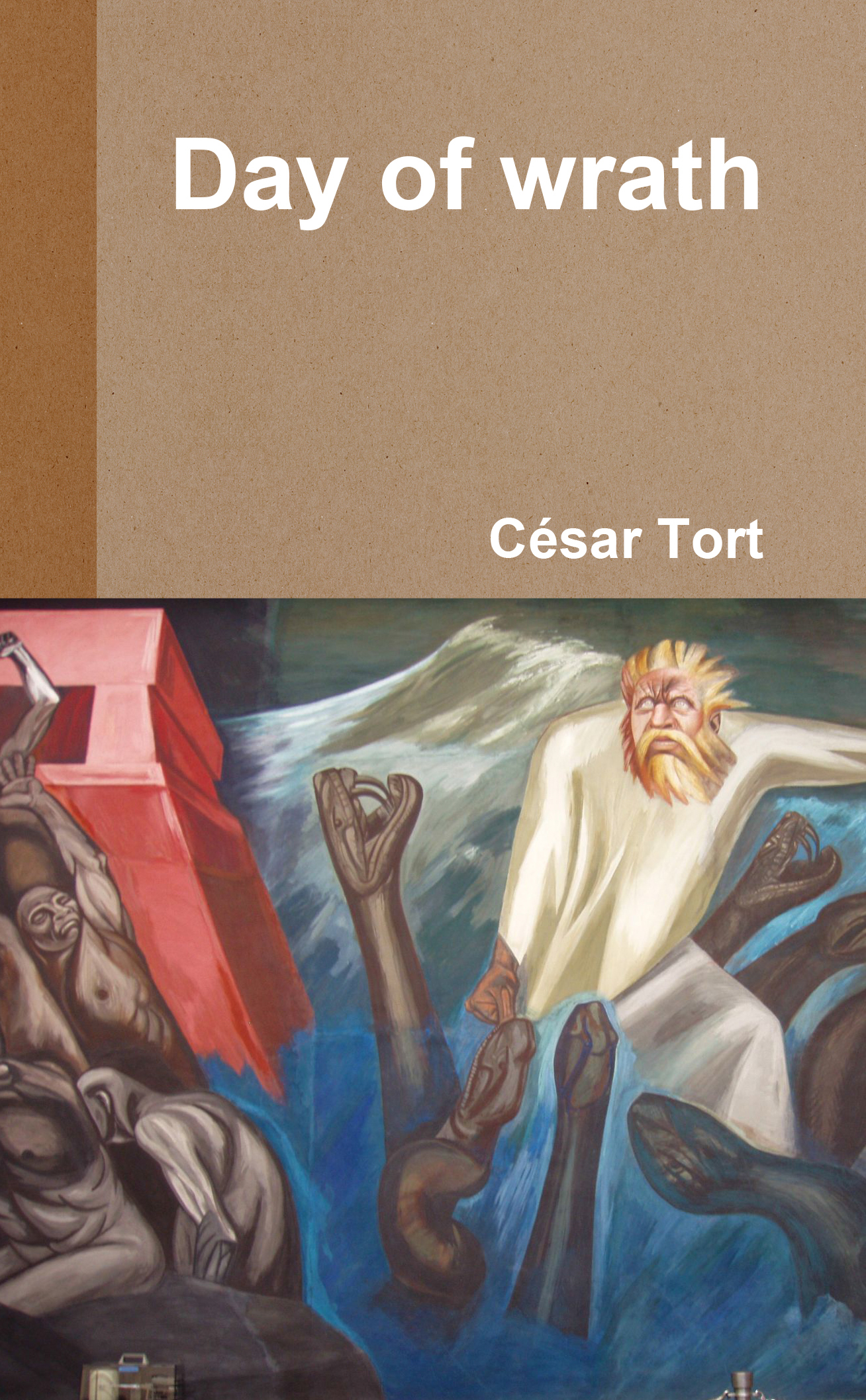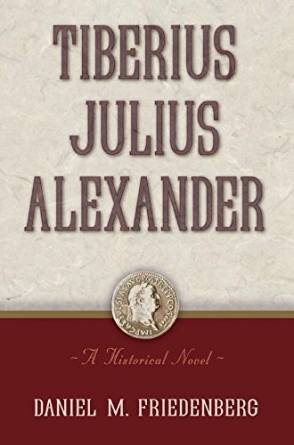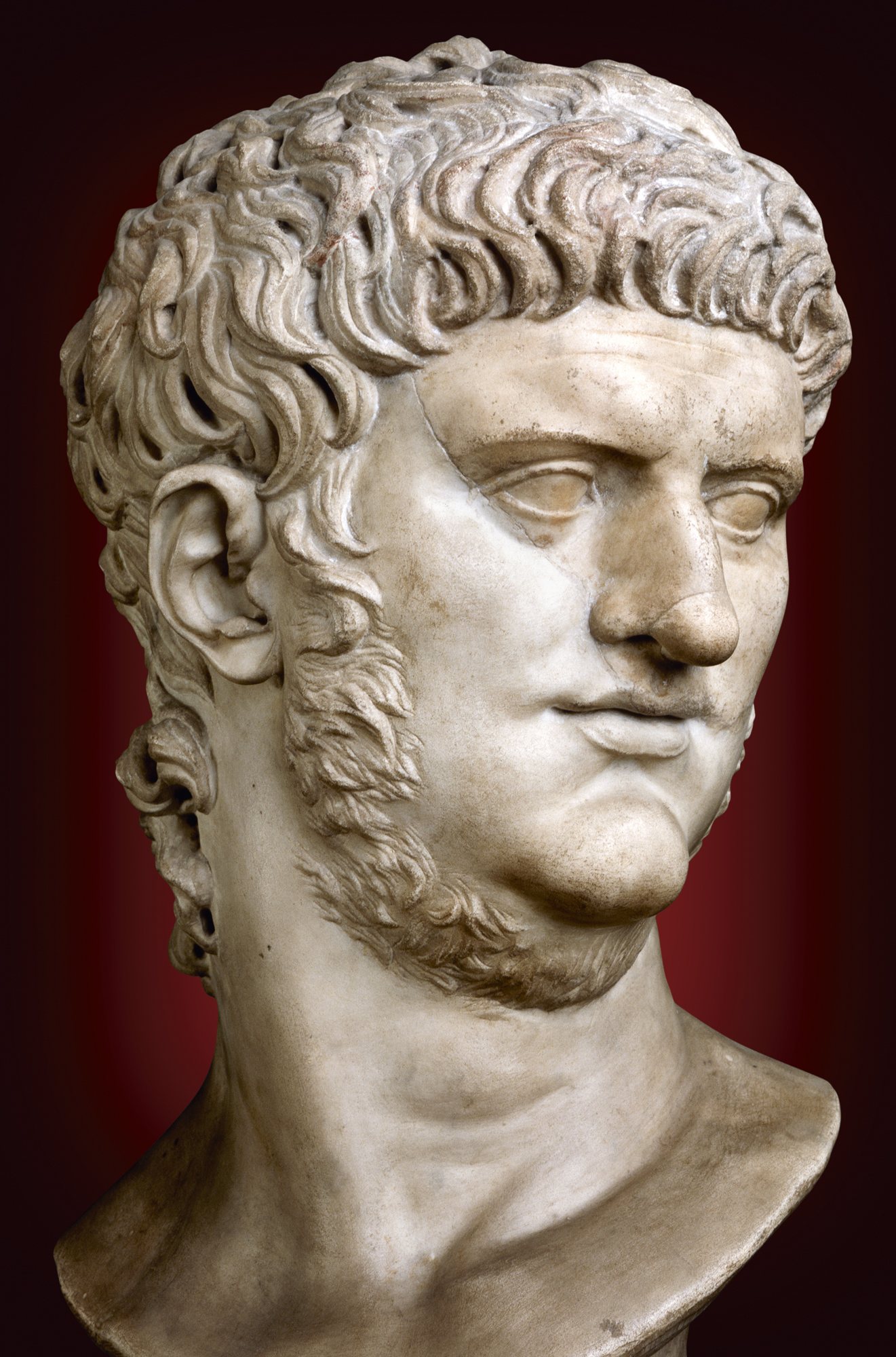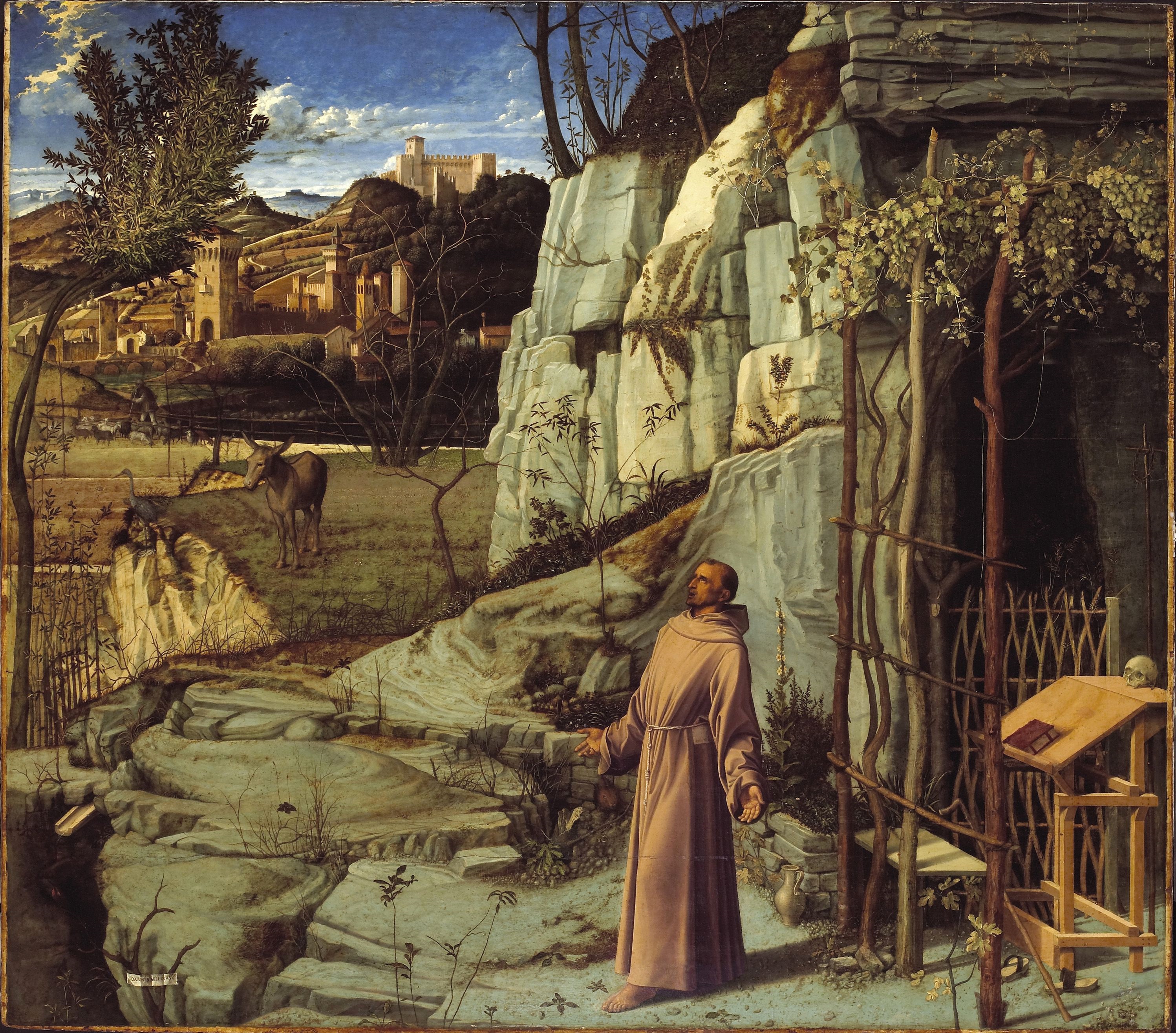Finally Day of Wrath (DOW) is available again for the general public. Today I also discovered that, last September, Charles Steiner had written a highly critical review of it, of which I’ll quote some excerpts:
Due to the evil in his family, the author of this book hates humanity. The evil in his family was child abuse, which happened to the author when he was an adolescent, more than forty years ago. The book does not detail the circumstances…
Steiner fails to mention the info in the Introduction, that DOW is a mere selection of chapters from my two thick volumes in Spanish Hojas Susurrantes and ¿Me Ayudarás? (the latter will be available by March or April).
…the author asserts on page 373 of this 377-paged harangue [Steiner refers to the out-of-print, pocketbook edition of DOW], adding elsewhere that ‘I know exactly no one with honor or true nobility of soul’
Steiner omits my previous phrase ‘Of Creole men, for example…’ implying that I know no Latin American male of noble soul, as everyone seems to be blue-pilled here.
The pessimism expressed in this book is similar to that which can be found in Arthur Schopenhauer’s World as Will and Representation…
There’s a problem here. Steiner is talking about of the selection known as DOW as if it’s my last word. The end of ¿Me Ayudarás? could be interpreted as optimistic.
…or in David Benator’s Better to Never Have Been: The Harm of Never Coming Into Existence, Benatar’s most current work, The Human Predicament, or E.M. Cioran’s The Trouble With Being Born, with one large exception: the latter works are definitely better written, more literary and readable and are more concise and rely less on Wikipedia and online research.
This is incorrect, as the bibliography of the books and printed articles I read to write the two volumes in Spanish are listed even in DOW. Also, as I struggle a lot to write in a second language, and as Steiner has not read the original tomes in Spanish, he doesn’t know if my philosophy appears in poor style in the original language.
Literally, on every page of this fat, squat book there are grammatical errors, typographical errors, stylistic errors, and incomprehensible declarations that can only mystify because the author is not a native English writer and has trouble understanding basic English syntax.
See my previous post today, ‘Preaching in the white nationalist desert’. If I had more than one sponsor I’d have paid the expenses of a native English speaker to check the entire manuscript.
But this hard reviewer has picked my interest: Since I’ve now published about half of DOW here, does it really contain so many syntax errors (I cannot tell since it’s not my mother language)?
Why the author did not choose to use Grammarly software or a grammar checker, why he did not find a copy editor, even one who is a college student, I do not know.
I didn’t even know that grammar checkers existed! Also, in Mexico City where I live no native college student would have a much better English syntax than mine.
The book stands largely on the shoulders of two of the author’s mentors: Julian Jaynes, author of The Bicameral Mind and Lloyd DeMause, author of History of Childhood, among several others.
I rely far more on deMause than on Jaynes. But in DOW I also debunk deMause and, in the forthcoming ¿Me Ayudarás? I even added a David star after the Lloyd deMause✡ name. (His anti-Nazi POV is so extreme that some nationalists suspect he’s a crypto-Jew.)
Nonetheless, as has already been hinted at, however, the author has little patience or tolerance with evolution’s slow procession through time, the changes through history or promulgation of education toward a more civilized human being. He wants all forms of violence against children and animals eliminated, which means the extermination of millions of adult human beings.
Supposing you have Star-Child powers (cf. Kubrick’s 2001) what’s so wrong with the immediate extermination of the Neanderthals considering that thousands of animals are being tortured by humans this very second?
On page 12 is a black and white reproduction of Hitler contemplating the bust of Nietzsche. The author hints (incorrectly, I believe) that since Hitler tried to wipe out a subversive tribe so he wants to wipe out all those ‘subversives’ who do not serve his values for an idyllic society of empathic child and animal lovers.
I never hinted such a thing, only suggested that Hitlerism is not entirely incompatible with Nietzsche’s transvaluation of values.
In the middle of the book, there’s a huge chunk of data he dumps on the reader about ancient Mexico’s infanticidal traditions as well as a diatribe on later historians who either overlook these atrocities or pretend they don’t exist. He wants people to know the facts of the cruelties against children throughout the history of mankind, and he will tell you about them ad infinitum and repeatedly so as to force your consciousness to recognize the dark and savage history of men and women and the deceitful and psychopathic cooperation of historians who are willing to do the intellectual work to hide that history at the expense of their academic integrity and honesty.
Again, what’s wrong with that?
C.T. runs a website entitled ‘The West’s Darkest Hour’… No children or animals are in evidence there either. Clearly, like his book, a high-strung, self-involved, and volatile temperament rules the blog as well as the book under review here.
I’ll leave visitors to say that I’m high on drugs or something. But the reason I rarely post here on child abuse is precisely that we need, first, an all-white world so that in the future a perfected breed of Aryans will eliminate all unnecessary suffering of animals and children (my philosophy of ‘the four words’): something that the coloureds have no high incentives to do.
I feel that his website like his book is a fraud in that both are ruled by an emotional trope of pessimism based on his experience of child abuse and for which reasonings and facts, whether historical or moral, are later found to justify that stance instead of the other way around, and I’m embarrassed for having spent good money to purchase a book that really is not worth the money I gave, a book that he or an editor easily might convert into a powerful article at the author’s blog to be read for free if he or an editor took out all the repetitious, Wikipedia dump of material and merely summarized the contents.
Again we see Steiner’s slander that I based my research on Wikipedia. If I used a wiki debate in the chapter about Ark (a single chapter which I still have to add in my monthly series of DOW), it was because Ark’s flaming exchange in a Wikipedia talk page was the only debate about psychohistory I ever found on the Internet and the printed press.
I have in my personal library the books that allowed me to do the research on child sacrifice: the bulk of DOW. If the Wikipedia articles on the subject resemble DOW data it’s because I was heavily involved in writing them as can be easily ascertained by checking up the diffs of, say, the Wikipedia article ‘Infanticide’ that I edited ten years ago, adding about a hundred of academic references—and not the other way around: that I based my research on the wiki! (I also contributed a lot to edit some Wikipedia articles on Mesoamerica.)
As a writer, C.T. has something I’m calling ‘narrative voice authority’ when he writes, and while I don’t know quite how he pulls it off, it is this voice that convinced me to keep reading despite the many serious flaws within this book. It is a skill that hypnotizes the reader temporarily to believe that what he has to say is more than his mere opinion, and that what he has to say is, in fact, knowledge, when there is no knowledge presented at all…
No knowledge presented? What about what constitutes most of DOW: the exposé of the sadism and serial killing in Pre-Columbian America, the exact opposite of what is being taught in the academia today?
The warning is: if parents don’t honor their children and teach them well, at least one of them will grow up to be an unhealed adult who will force unsuspecting adult readers to read an angry, vitriolic harangue with an almanac full of facts and attitude all aimed against the offending parental predator and others like him or her, a harangue authored by the abused child who hadn’t been lucky enough to have good parents. The work of Alice Miller needs improvement while also forging ahead so as to avoid the views and attitudes expressed in this volume by someone who was terribly, foully hurt.
The fact that I am hurt like hell does not invalidate my point—just as the hatred of an hypothetical survivor who witnessed the ritual sacrifice of his dearest sister in Tenochtitlan does not invalidate his craving for the Aztec world to be destroyed by the Europeans. See the Quetzalcoatl pic I chose for my book keeping in mind the latest instalment of DOW in this site.
 Whatever its syntactic flaws, which must be quite a few, DOW is only an invitation to read my extended work in Spanish. One thing that Steiner got right is that I’ll need either money or a native English proof-reader to check the inaccuracies of my Spanish-English translations. For the moment I can only hope that the series ‘Apocalypse for whites’, that I am translating, do not look so bad for the native speaker…
Whatever its syntactic flaws, which must be quite a few, DOW is only an invitation to read my extended work in Spanish. One thing that Steiner got right is that I’ll need either money or a native English proof-reader to check the inaccuracies of my Spanish-English translations. For the moment I can only hope that the series ‘Apocalypse for whites’, that I am translating, do not look so bad for the native speaker…







